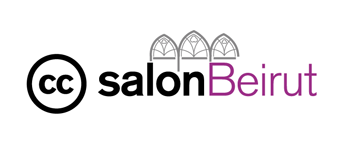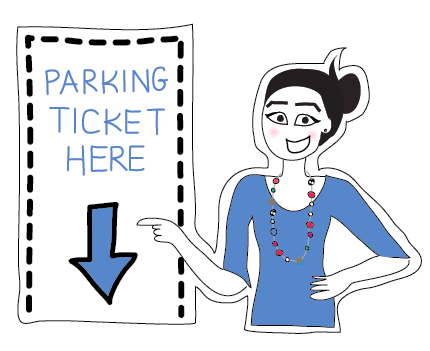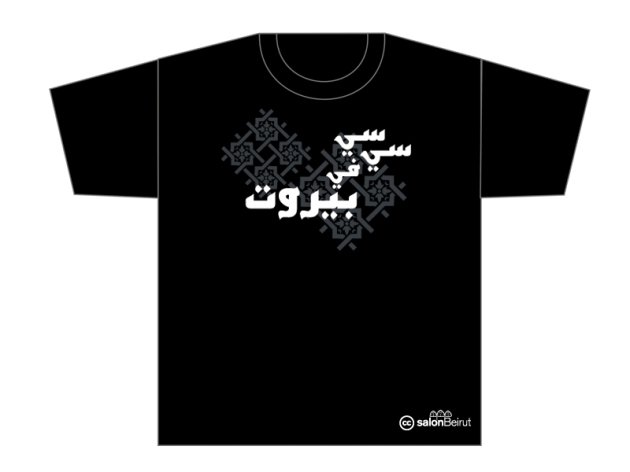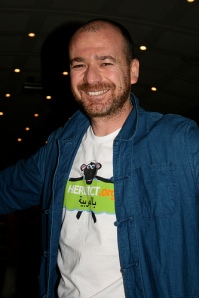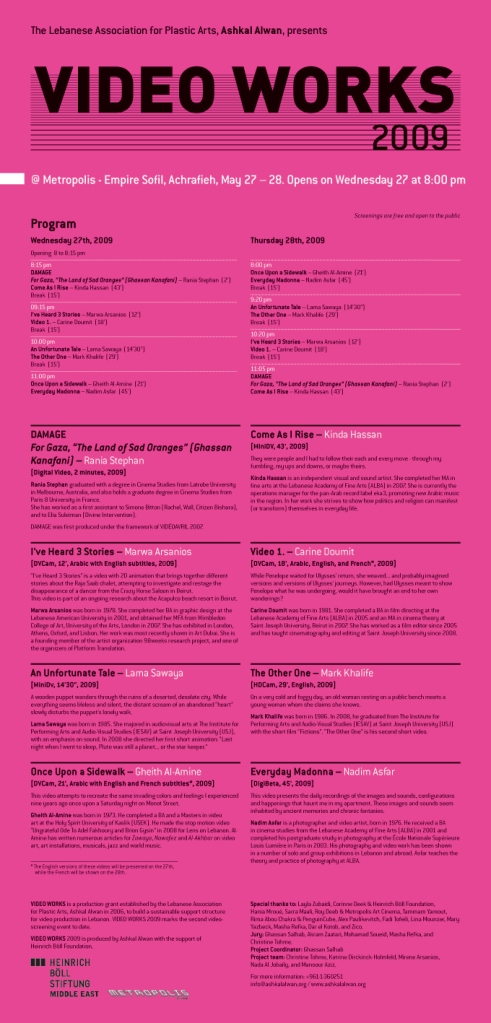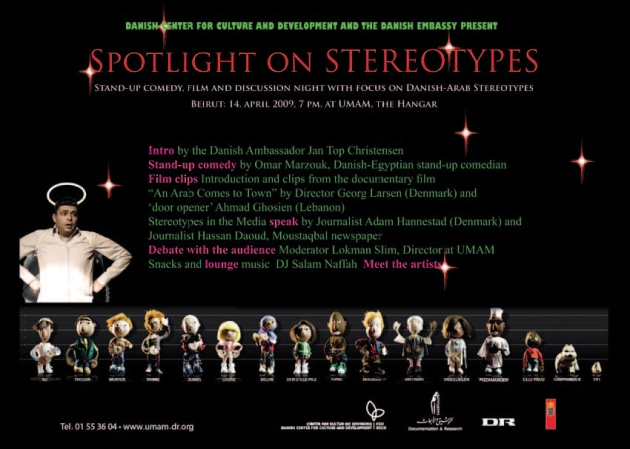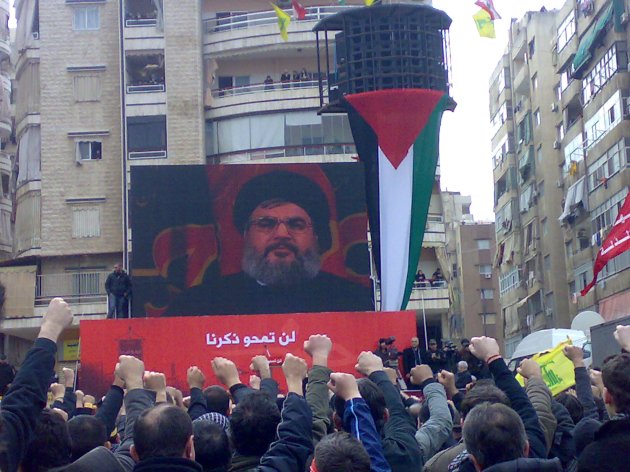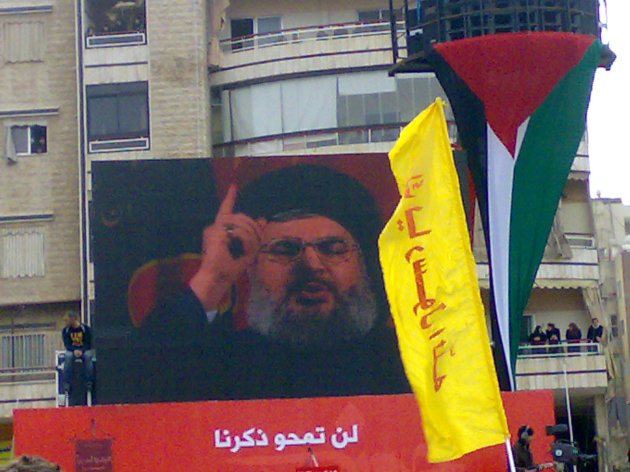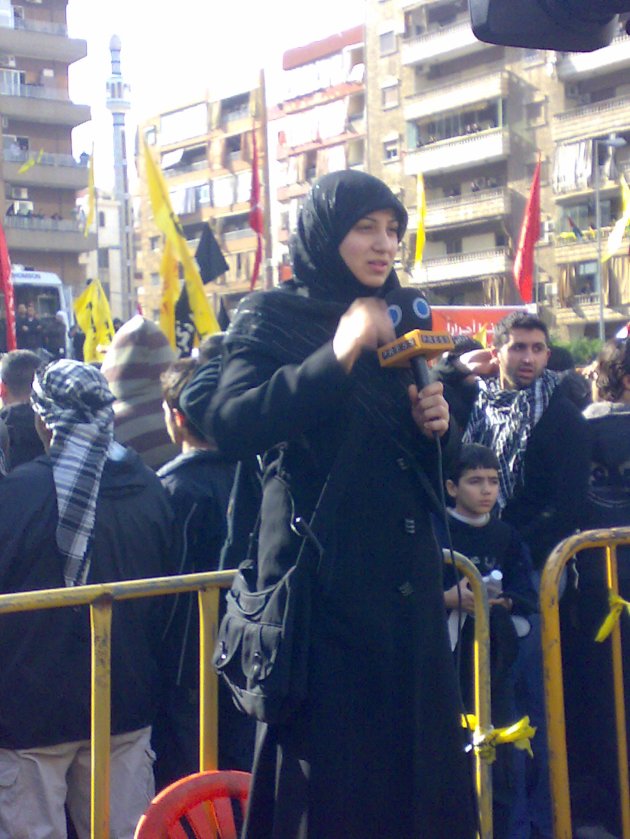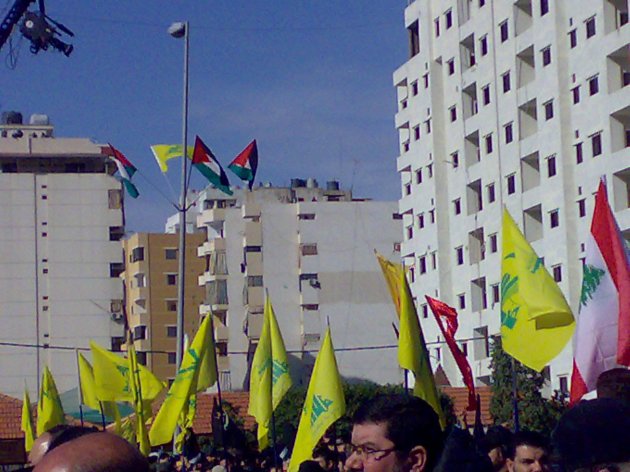|
BEIRUT: Media experts gathered Friday to discuss the interaction between media, web use and social, political and religious mobilization in the Middle East. The fifth Beirut Media Forum brought together the media-savvy for 10 lectures addressing obstacles facing socio-political documentary filmmakers and the rise of online social activism and citizen journalism in the Arab region. The forum, this year entitled, “Mobilizations on stage: The Image of the Real and the Verity of the Image,” is organized annually by the Institut Francais du Proche Orient, the Friedrich Ebert Foundation and the Orient-Institute Beirut.
Patrick Hazard, anthropologist and director of the London International Documentary Festival was skeptical about documentary filmmaking being a tool to jump-start social change.
“Documentary filmmakers are usually surrounded by this mystique of being independent thinkers and actors. They often have this romanticized idea that they are merely bearing witness and giving voice to the voiceless when, in reality, they are quite a conservative bunch vis a vis the political status quo,” Hazard said, adding funders often exert considerable influence over film content, which “automatically creates a tension between ethical concerns and economic interests.”
“In my experience, those economic interests are usually the key concern for most parties involved,” he added.
Naomi Sakr, director of the Communication and Media Research Institute Arab Media Center at the University of Westminster in London, meanwhile spoke about ongoing structural changes in the Arab media industry and advances in digital technology on documentary films. According to Sakr, the expansion of television channels has sparked a demand for content that attracts young and elite viewers. At the same time, more young directors are filming more cheaply and discreetly and are using alternative means to distribute their products. “A result of this phenomenon has been a rise in films exploring socio-political issues that were previously rarely acknowledged in the agenda of conventional Arab news media,” she said.
Sakr said one of the biggest issues in the Middle East was that many documentaries often did not end up being screened. One such example is “Jihad on Horseback,” a highly critical 2003 documentary about the conflict in Darfur, produced by Al-Arabiyya television. The film was never aired by Al-Arabiyya because of a private campaign against it by Sudanese politicians, although it was later bought and distributed by the International Crisis Group.
“Cooperation between political powers is crucial to a documentary film being made and screened,” Sakr said. A filmmaker’s personal connections with local political leaders or other influential personalities, known in the Mideast as wasta (nepotism) also plays a key role.
Italian political scientist Donatella Della Ratta spoke about the Arab social web by discussing her findings on how online networks were re-shaping offline action in the Arab world. The social web, she explained, is viewed as the second generation of the web and relies heavily on user-generated content, communities, networking and social interaction. It “offers two key elements ingrained in the Western political system of democracy, namely representation and mediation.” The social Arab web is empowering citizen journalism and civic participation by giving voice to “ordinary people,” Della Ratta said.
This form of citizen journalism was used during Lebanon’s June parliamentary elections by the Sharek961 website. The site enabled Lebanese citizens to promote transparency by sending in eyewitness reports on all election-related incidents or issues through text messages and the website. However, as Della Ratta admitted, the percentage of people in the Arab world who engage in such forms of social activism, or even have Internet access, is relatively low. “I would argue that in the Arab world you will find a qualitative rather than a quantitative audience, small in size but young and educated,” she said.
Christophe Varin, director of the Center for the Study of the Modern Arab World at Universite Saint-Joseph, expressed doubt that new media was leading to political mobilization in Lebanon. Varin has analyzed YouTube videos in relation to political mobilization since the so-called Cedar Revolution protests in 2005. He argued that YouTube, rather than providing a platform for civic participation and activism, was mostly another outlet for violence.
“The comments posted under YouTube videos are often used as a platform for linguistic violence,” he said, noting that many web users similarly post videos to solely express their opinions rather than in the hope of inspiring real debate or consensus. But Varin did agree with Della Ratta that a new form of citizen journalism has been catapulted into society, filling the gaps created by traditional media. “The Lebanese new media are going through a de-politicization process,” he said.
|
